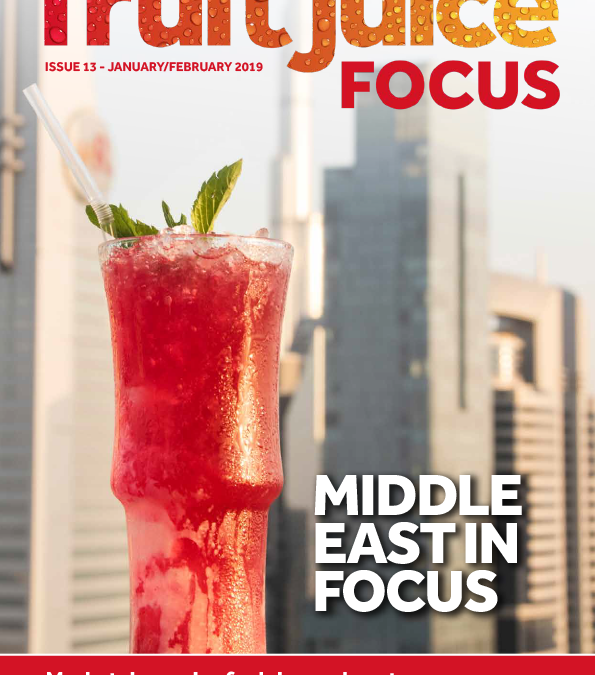
Jan-Feb 2019
Jan-Feb 2019 Edition
The market-leading online magazine for the fruit juice industry from the publishers of Juice Market.
Subscribe to download for FREE
Please enter your details to subscribe and download the publication.
By subscribing you agree to receive email marketing from Fruitjuice Focus. You can unsubscribe anytime by the link at the footer of emails.
